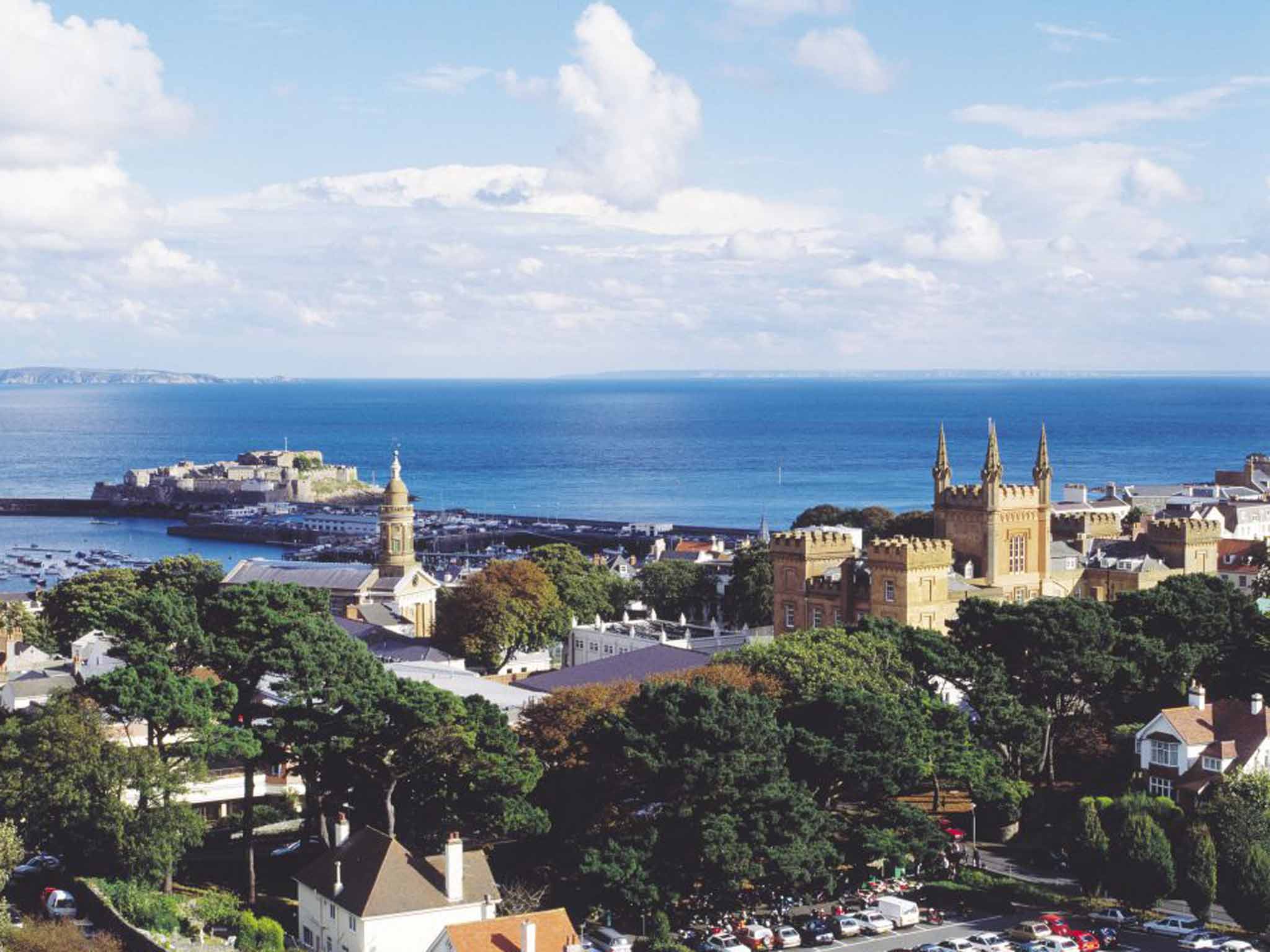'Islamophobic' Guernsey will turn away Syrian refugees
Half the island's population were refugees in England during the Second World War

"Islamophobia" is to blame for Guernsey's decision that they cannot accept a single Syrian refugee, according to its Chief Minister.
Jonathan Le Tocq said: "There's certainly a lot of Islamophobia and negativity around. It would be difficult for us to ensure that [refugees] would find the sorts of security and stability here in Guernsey as in other parts of the UK."
The decision not to accept any refugees fleeing the Syrian Civil War and associated humanitarian crises was taken behind closed doors in a meeting of Guernsey's Policy Council. Their fellow Channel Islanders in Jersey announced last year that they would not be accepting any refugees, citing concerns that the island would subsequently be swamped by thousands of refugees currently living legally in the UK.
When announcing their own decision on Friday, the Guernsey Policy Council outlined practical concerns about the island's "infrastructure and legal framework" being unable to cope with the influx of even the "very limited" number of refugees they were considering taking in. The Council were also at pains to point out that the Gurnsey Overseas Aid Commission has sent £230,000 to Syria-based aid agencies since 2012.
In an official statement, Mr Le Tocq described himself as "disappointed" by the council's decision, saying: "It is morally right that where we are able to provide help we seek to do so appropriately. Our forefathers have done so in the past and we should follow their lead."
The Chief Minister, who was elected to the highest office on the island as an independent candidate in 2014, added that he feared refugees would be "targeted and excluded" by islanders.
There are sizeable Polish, Latvian and Portuguese communities on the island, but the population is overwhelmingly white and European. (Guernsey does not record precise demographic data about the race or nationality of its citizens.)
As Mr Le Tocq notes in his statement, almost half the island's population and virtually all its children were housed in England during the German occupation of the Channel Islands in the Second World War, as 17,000 Islanders fled an occupying Nazi force.

The Bailwick of Guernsey is technically a crown dependency, acting autonomously on the international stage. It is not a part of the United Kingdom, and nor is it a member of the European Union.
Guernsey is bound by UK law with regards to immigration controls, and must grant free movement and residency rights to UK and EEA nationals. However, the island's policy chiefs were free to opt out of the government's Syrian Vulnerable Persons Relocation Scheme.
As far as goods, services and finance are concerned, Guernsey has a free trade agreement with the EU, contributing to a GDP of nearly £3,000,000,000. Around 40% of that annual sum is generated via the presence of international financial services, attracted to the island by its reputation as an offshore tax haven.
The 65,000 residents of Guernsey therefore enjoy an average income of over £30,000, well over the average UK salary of £26,500.
In 2014, Mr Le Tocq described the introduction of race discrimation laws on the island as "years away", while his predecessor attracted controversy after making a joke comparing Barack Obama to a golliwog during a public address.
Join our commenting forum
Join thought-provoking conversations, follow other Independent readers and see their replies
Comments
Bookmark popover
Removed from bookmarks